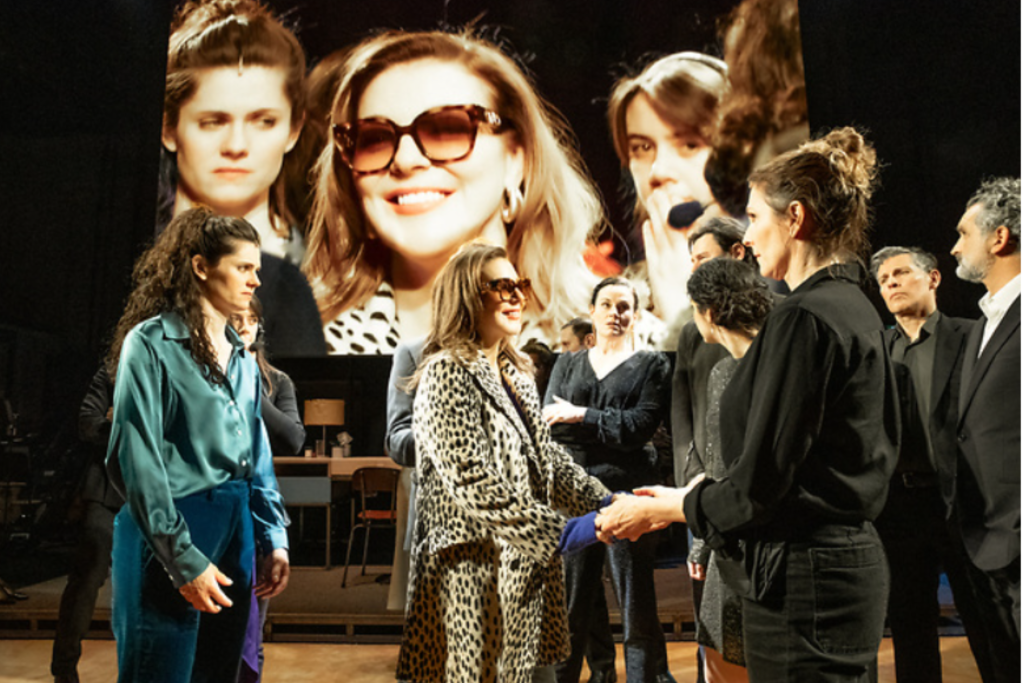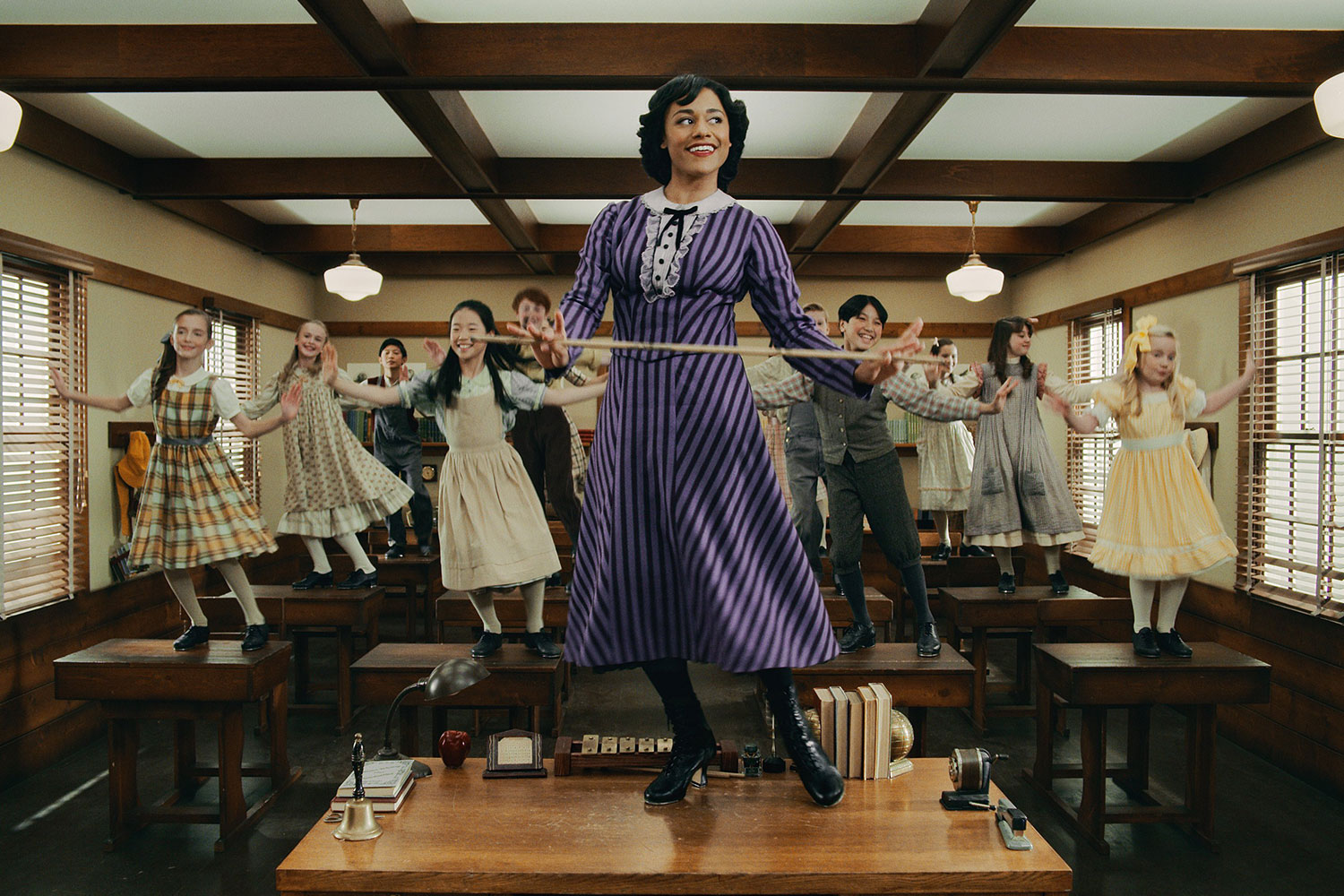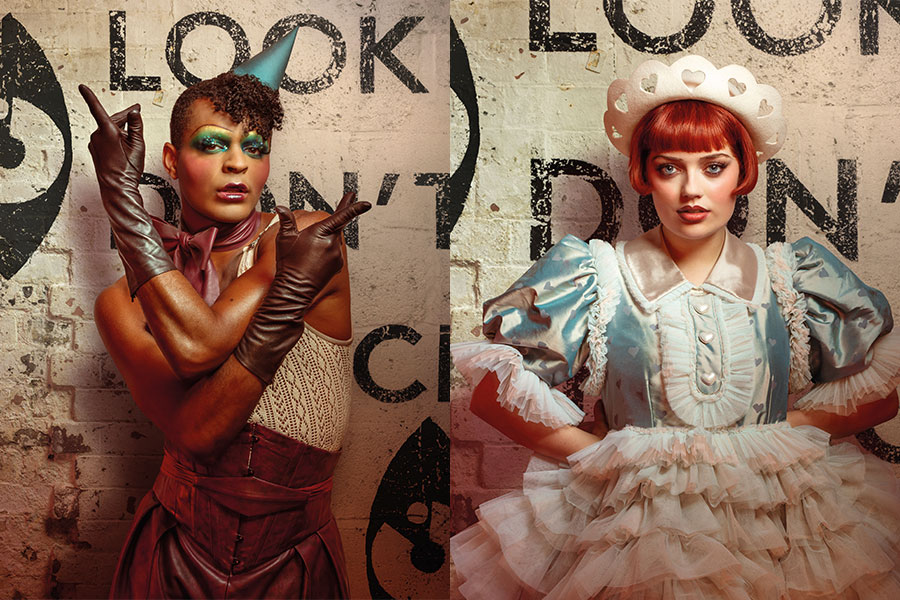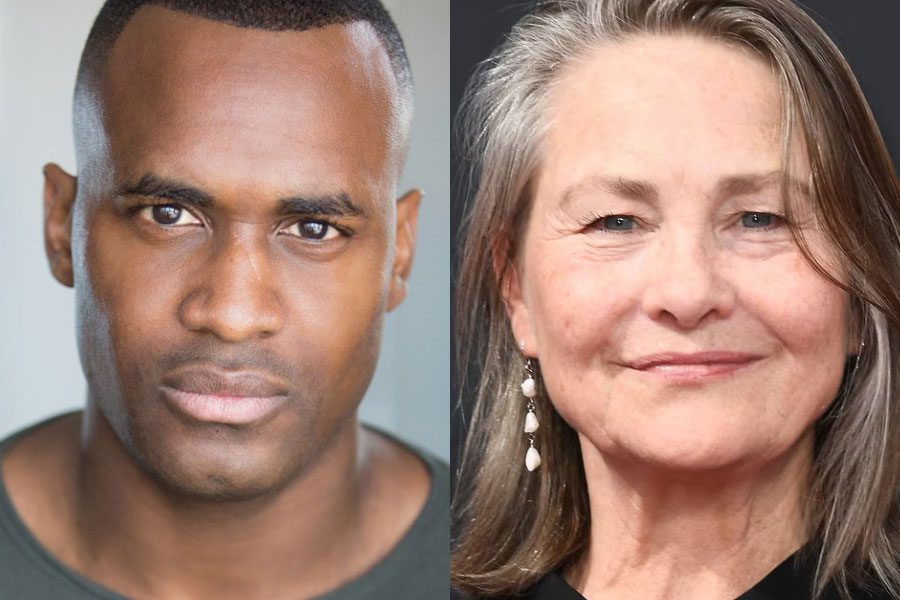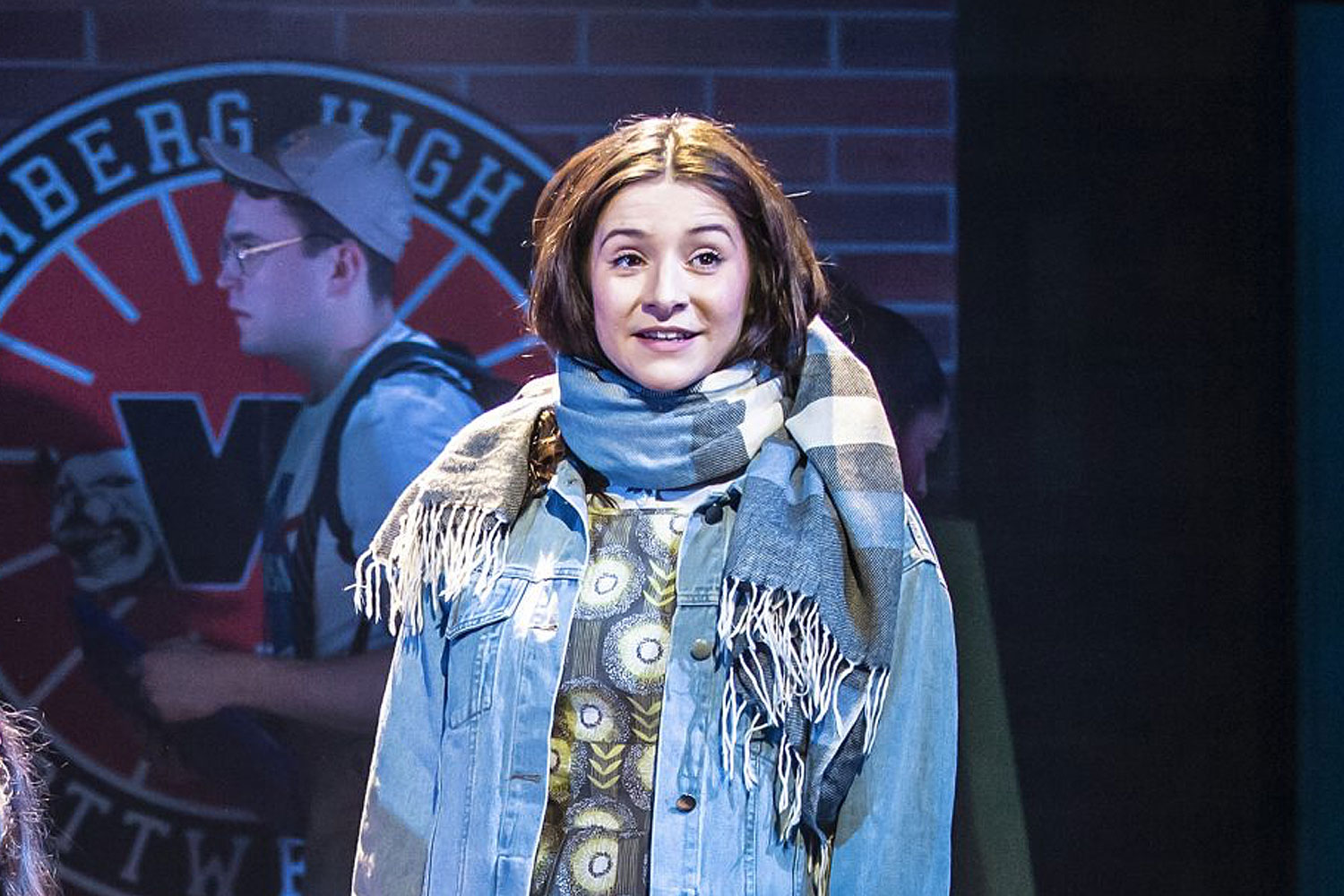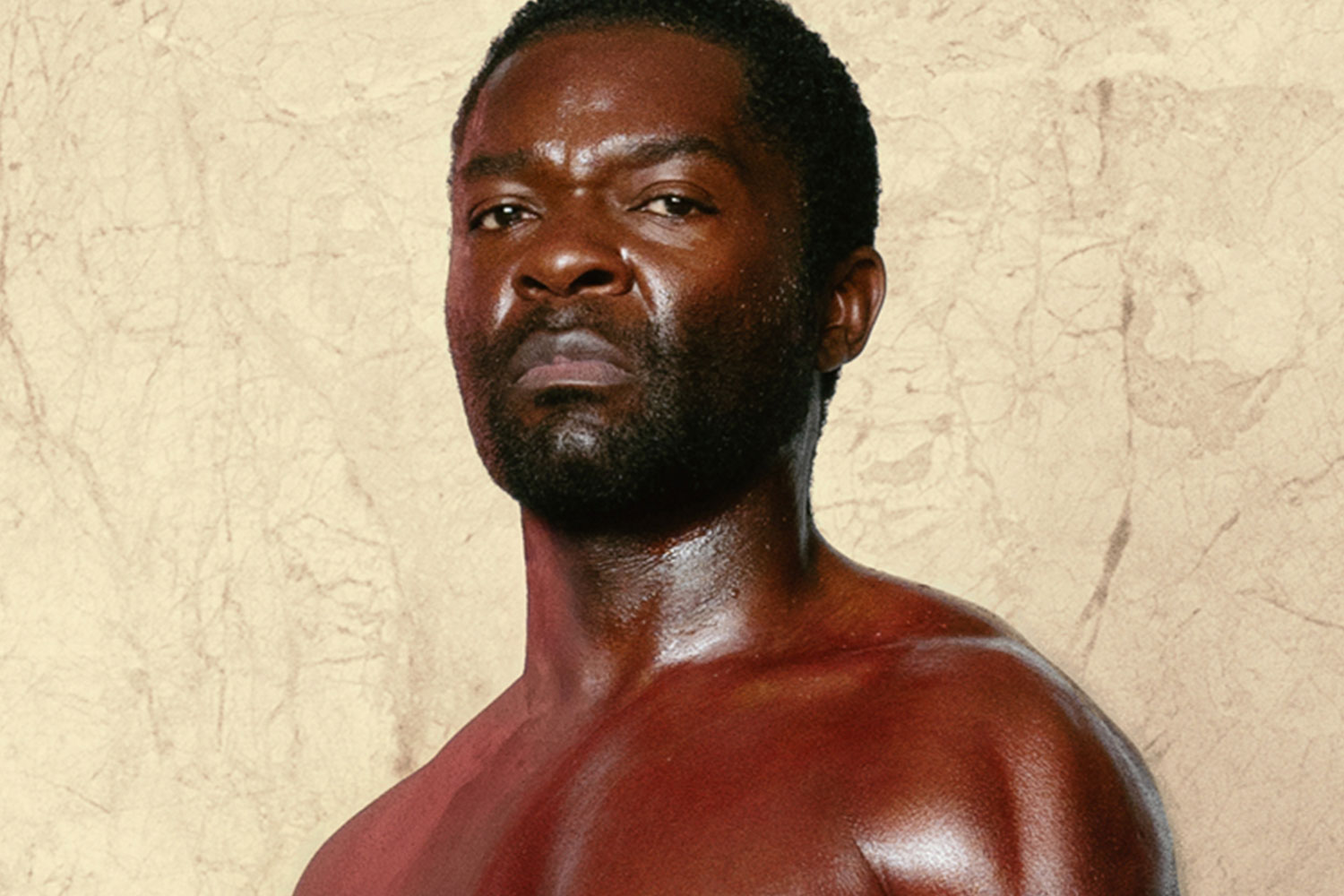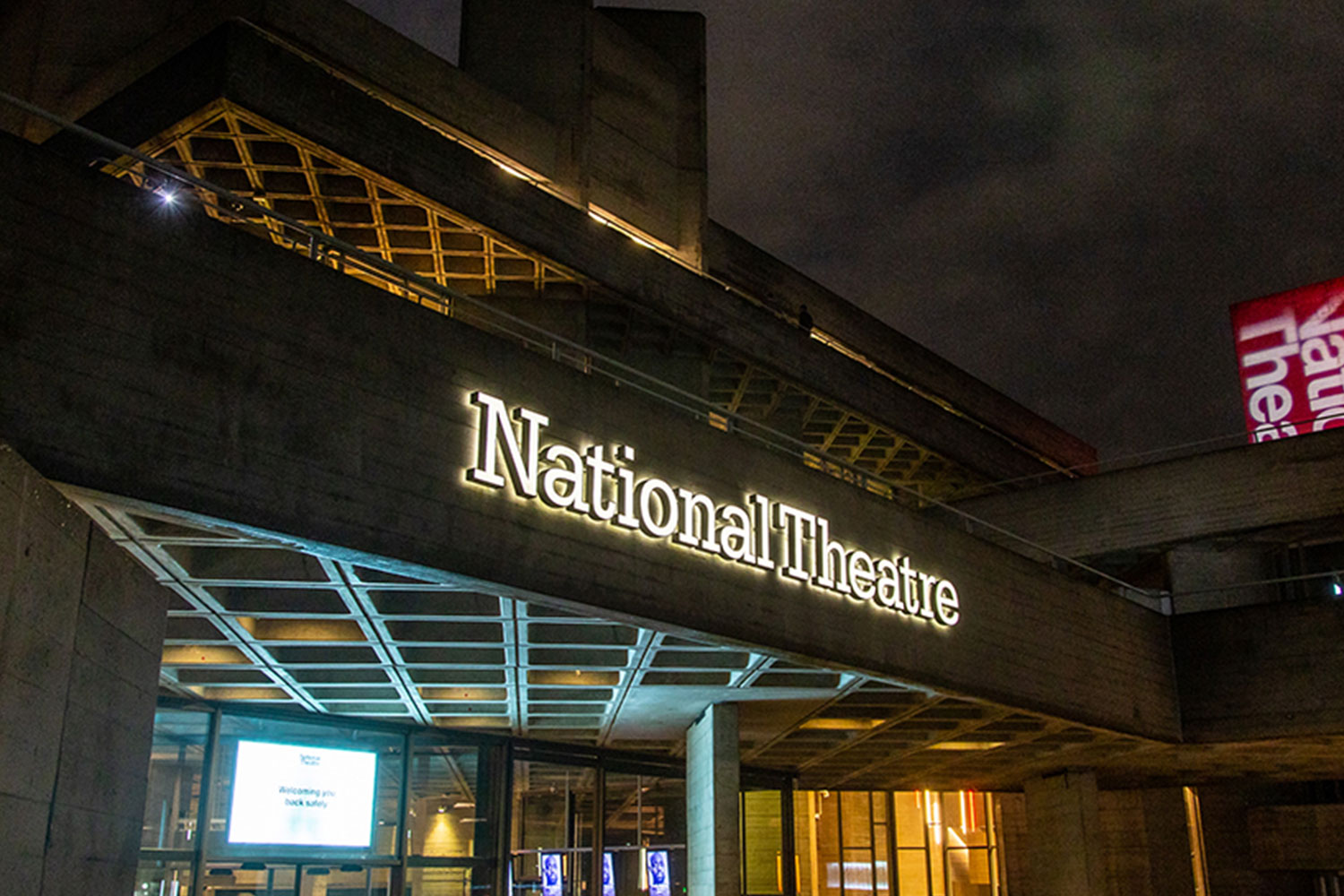Michael Coveney: Medea and Marlowe make merry hell
Having presented Rameau’s Castor and Pollux in a daring production last year, ENO step even deeper into French baroque opera with an audacious British premiere of Marc-Antoine Charpentiers’s Medea. There are further perfomances tomorrow and Friday, then just six more in March.
I am not sure whether so short a schedule is designed to preserve the work’s rarity value, or to second guess a timid response from the public. But the rave reviews have heralded a quite extraordinary musical experience and a production by newly knighted David McVicar (designed by Bunny Christie, making an ENO debut, and lit by Paule Constable) that goes flat out for popular appeal.
This is not without a cost to the work’s classical dignity. The war between Argos and Corinth is somehow related to an incident in the Mediterranean in the Second World War, and the libretto by Thomas Corneille (younger brother of Pierre, “the great Corneille”) swamped by dancing nurses and armed forces from Happy as a Sandbag; Lynne Page‘s cheeky choreography is fun to start with, but yields diminishing returns until the evil spirits summoned by Medea are reduced to general writhing about and poor old Creon has to sing his last aria with his trousers round his ankles.
The update really isn’t done well enough – McVicar is no Jonathan Miller in this regard – and the five-act plot, though based on the story in Euripides and Seneca – becomes seriously muddled. Medusa kills her children and also poisons the wedding dress of her love rival, Creusa, while Corneille introduces a new character, Oronte, who is Jason’s rival in love for Creusa.
The one thing Medea doesn’t do in this extravaganza, alas, is depart the scene in a blaze of light and a winged chariot. But Creusa – who doesn’t appear in the original plays – flies in with the air crew and then has to slither awkwardly down the slanting biplane for a nippy dance routine in her honour. The wedding dress eventually combusts before our very eyes; not so much a smoking gun as a smoking gown, and this seems fairly risible, too.
But, my goodness, the music. It just gets better and better as the evening goes on. I had no idea this sort of stuff could be so harmonically rich and unusual, and so emotionally expressive. And the singing of Sarah Connolly in the leading role is literally out of this world, leaping all confines of time and place to sound ethereal, mythical, magical.
Medea, of course, was never overshadowed by any man, let alone the feckless Jason, so she has no need of Linda Marlowe to make her case in The World’s Wife, which launched a week-long play festival last night in the studio of the new St James Theatre.
Marlowe and her director Di Sherlock have created a wonderful evening of vengeful theatre from the poems of Carol Ann Duffy, sticking up big time for Medea’s mythological compatriots, Eurydice, Medusa and Penelope as well as the hard-done-by wives of King Kong, Midas, Freud and Quasimodo.
The studio has its own bar and the audience sit at tables, or the comfortable banquettes that line the walls, and there’s more seating upstairs, too. It’s a very attractive space, not pokey like the downstairs cabaret bar at the Soho Theatre or depressingly dismal like the unlamented Pizza on the Park.
And the place was buzzing last night. Out of Joint’s revival of Our Country’s Good is playing to packed houses in the main studio, and The World’s Wife had indeed attracted the world and his wife: Peter Straker, Toni Palmer (“It’s just how it used to be at Danny La Rue’s nightspot in Hanover Square”), Francesca Annis, Jasper Britton, Geraldine Alexander, Jez Bond (soon to open his new theatre in Finsbury Park), Sophie Mason of the Offies, Peter McEnery, Terence Bayler and musical director Simon Lee.
Tonight’s show, Savage Beauty, features none other than Fenella Fielding with a Greek theatre company offering a cocktail of Euripides, Homer and Sappho; tomorrow, Jaye Griffiths performs Nihal, about a heroic mother battling for her disabled son’s rights; and later in the week there is Elizabeth Counsell in Blonde Poison, another solo play, about a Jewish woman who betrayed hundreds of fellow Jews in the war.
The St James Studio also operates as a cabaret venue, the third new one in London following the re-launched Hippodrome Casino and the Crazy Coqs at the Brasserie Zedel, where Elaine Delmar opens a week’s booking tonight.
I must visit these places some time. But somehow the Hippodrome Casino always seems uninviting and low rent, while the minute you go anywhere near Brasserie Zedel all you want to do is sit down in the restaurant and eat. I sometimes wonder if these venues attract any sort of audience beyond a committed coterie, for cabaret stars are surely not what they once were.
Even in the 1970s, you could (and I did) see Andy Williams or Sammy Davis Jr at Quaglino’s, or Frankie Howerd and Dolores Gray (not on the same bill) at the Country Cousin along the King’s Road. There was a time, too, when Ethel Merman or Shirley MacLaine would rock up at the Palladium for a week. And I even saw Frank Sinatra’s last London gig at the Albert Hall, backed by Buddy Rich and his band.
That was the cabaret I’d go and see. Would I make a similar effort to see Elaine Delmar, or Janie Dee, or Maria Friedman (all three of whom I much admire) or any others on the cabaret circuit today? Not sure. Even Barbara Cook’s not the singer she once was, and she’s not really known over here anyway. Perhaps someone can lure Angela Lansbury one last time, or Elaine Stritch, or even Liza Minelli yet again…




